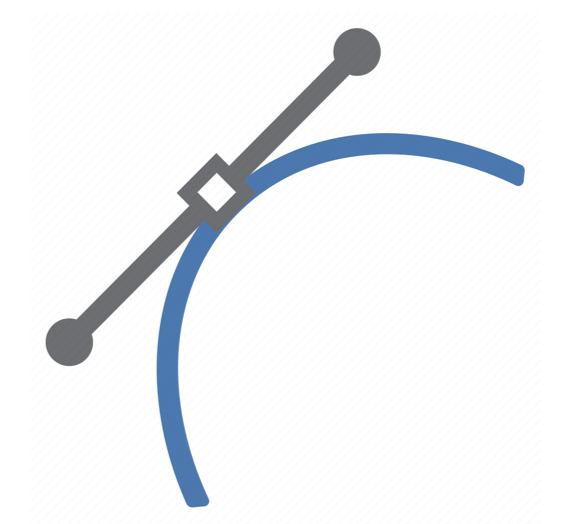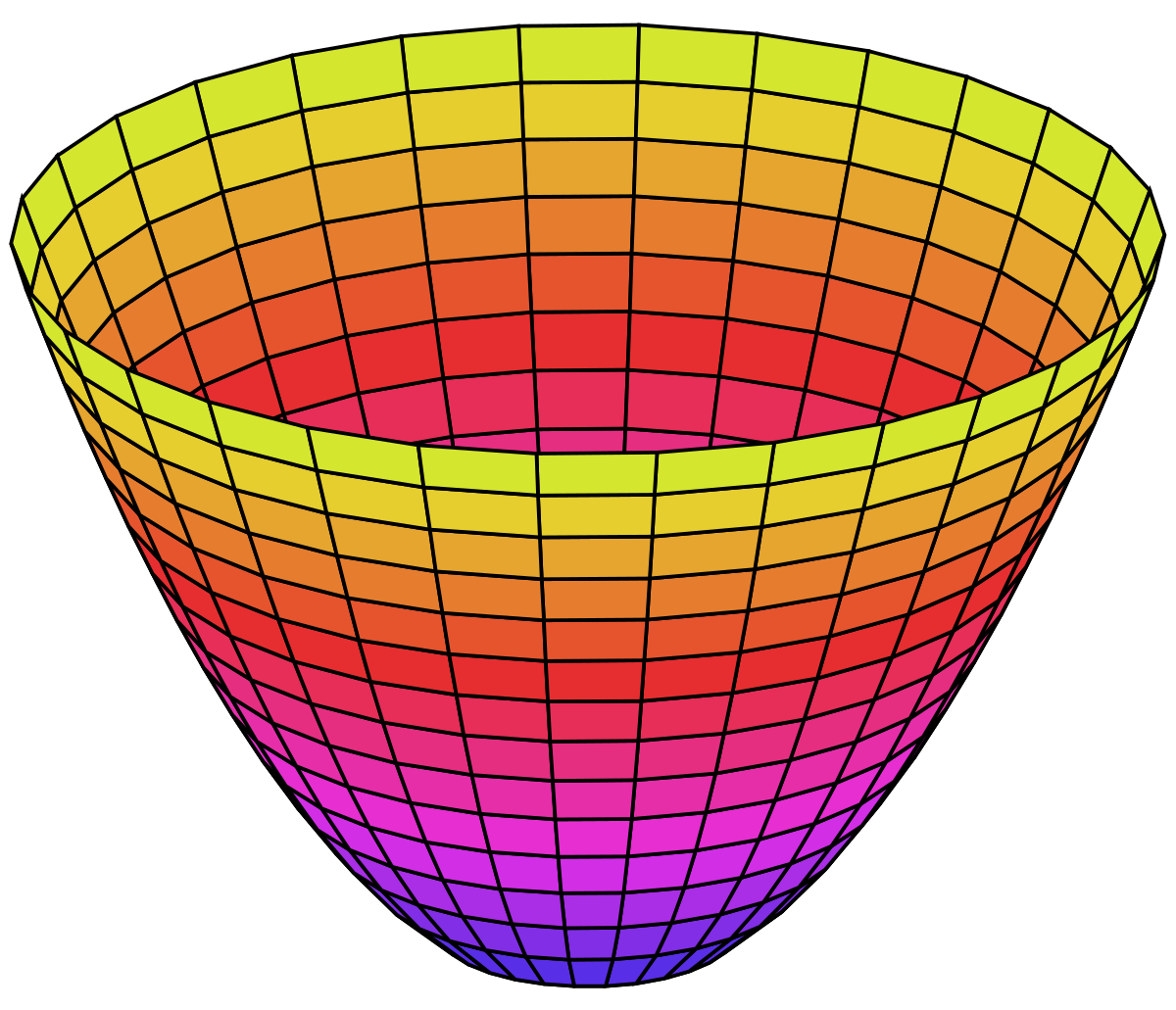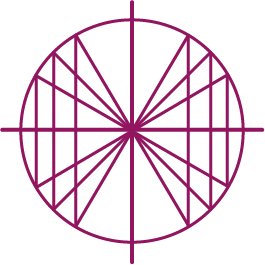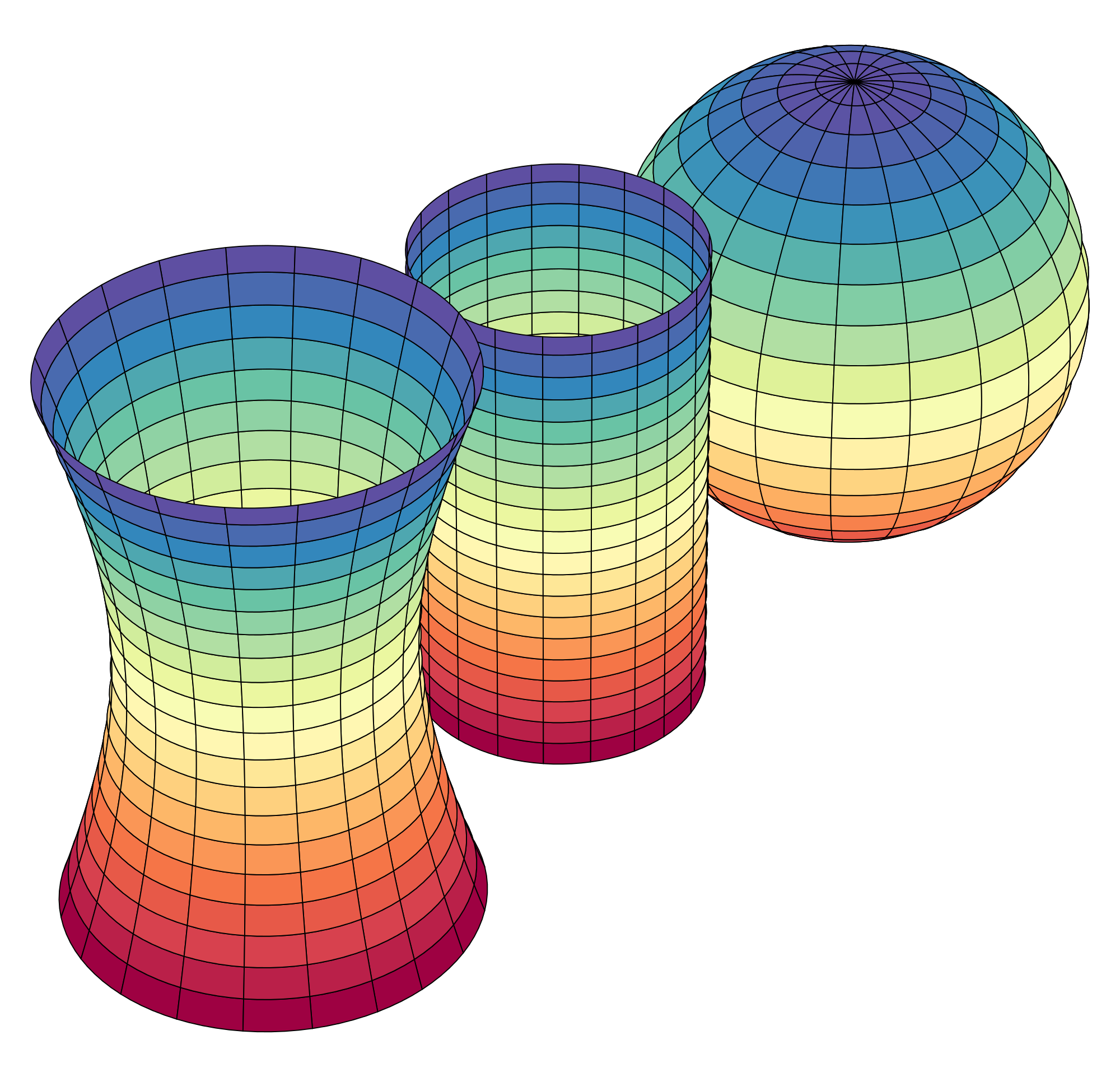Distance Calculus General Course Requirements
-
Complete All Course Notebook Assignments
 Depending upon which course you enroll in, you will be
assigned between 70 and 120 notebooks (functional files
in either LiveMath™ Maker or Mathematica™ formats) for you
to complete electronically: completed
refers to the mastery learning format,
which means the notebooks will go "back and forth" between
student and instructor until the student work is at 100%
understanding level.
Depending upon which course you enroll in, you will be
assigned between 70 and 120 notebooks (functional files
in either LiveMath™ Maker or Mathematica™ formats) for you
to complete electronically: completed
refers to the mastery learning format,
which means the notebooks will go "back and forth" between
student and instructor until the student work is at 100%
understanding level.
-
Complete All Course Literacy Sheets
 Depending upon which course you enroll in, you will be
assigned between 8 and 15 Literacy Sheets, which will be
completed by hand by the student, without the aid of
technology (such as the computer algebra software),
and transmitted to the instructors either via FAX or
via scan-to-PDF and submitted electronically.
These Literacy Sheets must be completed in a mastery learning format,
which means the Literacy Sheets will go "back and forth" between
student and instructor until the student work is at 100%
understanding level.
Depending upon which course you enroll in, you will be
assigned between 8 and 15 Literacy Sheets, which will be
completed by hand by the student, without the aid of
technology (such as the computer algebra software),
and transmitted to the instructors either via FAX or
via scan-to-PDF and submitted electronically.
These Literacy Sheets must be completed in a mastery learning format,
which means the Literacy Sheets will go "back and forth" between
student and instructor until the student work is at 100%
understanding level.
-
Complete All Video Creation Assignments (If Applicable)
 Depending upon which course you enroll in, some courses will include
between 10 and 25 assigned video creation solution assignments for you
to complete electronically: completed
refers to the mastery learning format,
which means the movies may go "back and forth" between
student and instructor until the student work is at 100%
understanding level.
Depending upon which course you enroll in, some courses will include
between 10 and 25 assigned video creation solution assignments for you
to complete electronically: completed
refers to the mastery learning format,
which means the movies may go "back and forth" between
student and instructor until the student work is at 100%
understanding level.
-
Complete All Course Quizzes (If Applicable)
 Depending upon which course you enroll in, some courses will include
between 8 and 15 assigned Quizzes, which will be
completed by the student using the computer algebra software
designated for the course,
and submitted to the instructors electronically.
These Quizzes should reveal to both the student and the instructor
the effectiveness of the Course Notebooks and Literacy Sheets
for the student's learning progress.
Depending upon which course you enroll in, some courses will include
between 8 and 15 assigned Quizzes, which will be
completed by the student using the computer algebra software
designated for the course,
and submitted to the instructors electronically.
These Quizzes should reveal to both the student and the instructor
the effectiveness of the Course Notebooks and Literacy Sheets
for the student's learning progress.
-
Complete and Pass a Proctored, Hand-Written Final Exam
 The student must complete a proctored, hand-written Final Exam.
The student must complete a proctored, hand-written Final Exam.
This Final Exam may occur at your location, under a proctored environment that is approved by the instructor. Commonly, the Final Exam Proctor is a teacher at a local school in your area, or a librarian at a local library, or a religious leader at a place of worship in your area, or a supervisor at a workplace. The Distance Calculus instructor will coordinate with the student to identify and establish the Final Exam proctor arrangements.
During COVID-19 Emergency, all proctored exams are conducted over Skype Video with the instructor
-
Score 70% or Higher on the Proctored Final Exam
In order to verify that the student work during the semester has been genuine - i.e. the work has been completed by the student enrolled in the course, and not by a surrogate - the student must complete the Final Exam with a score of 70% or higher. For a student who honestly completes the course, scoring 70% or higher on the Final Exam is, in our experience, a very easy and rewarding conclusion to the course.If a discrepancy exists between the student work evaluated during the term of the course, and the Final Exam, the only conclusion the instructors may come to is that the student work was not genuine, and that academic honesty is in doubt. In such cases, a failing grade will be awarded to the student.
[Note: One of the "C Path" grade options provides for the only exception to the "70% or higher" rule. Please see Grading Policy for more information.]
-
Complete and Pass The Final Video Portfolio
 The student must complete the assigned Final Video Portfolio assignment,
completing 5-10 video-based solution presentations.
The student must complete the assigned Final Video Portfolio assignment,
completing 5-10 video-based solution presentations.
-
Time Limit For Completion of the Course
 Students have the following time limits on completing the courses:
Students have the following time limits on completing the courses:
Distance Calculus students are allowed 1 Year from the Date of Enrollment in the Distance Calculus course to complete the course. Distance Calculus (external) students are not bound by the traditional academic calendar, allowing these students to start the courses at any time - often in the middle of a traditional academic term, and finish the courses - at their own pace - in the middle of a subsequent academic term. The time limit, however, is 1 Year.
One-time deadline extensions past this 1 Year deadline are available for students who make "significant and continuing progress" in their course, upon instructor approval. These one-time extensions are for students who are nearing completion of their course, and they just need "a little extra time". One-time deadline extensions do not have any extra costs.
-
Independent and Honest Student Work
Due to the nature of the distance "classroom", an extra statement on academic honesty is required. All students are expected to submit work that is genuinely their own.Help from the instructors is expected - the courses are based upon communication between student and instructor.
Help from friends, fellow students, loved ones, neighbors, and tutors are all encouraged and often quite helpful to the learning process.
However, work submitted must be work the student completed by their own hand and brain.
Due to the intensive level of communication between student and instructor, and the experience of the instructional team, such academically dishonest behavior is actually quite difficult to get away with. The instructors have an excellent sense of the student learning process, and the language and concepts that a student at the level of the course should be able to command. It is actually quite easy to identify when a student is receiving "more than just help".
 Freshman Math Courses
Freshman Math Courses
- Applied Calculus for Business [3 credits] [3CR]
- Applied Calculus for Life Science [3 credits] [3CR]
- Calculus I[4 credits] [4CR]
- Calculus II[4 credits] [4CR]
 Sophomore Math Courses
Sophomore Math Courses
- Multivariable Calculus III [4 credits] [4CR]
- Differential Equations [3 credits] [3CR]
- Linear Algebra [4 credits] [4CR]
- Probability Theory [3 credits] [3CR]
 Honors Math Courses
Honors Math Courses
- Honors Calculus I [5 credits] [5CR]
- Honors Calculus II [5 credits] [5CR]
- Honors Calculus I+II for Data Science [5 credits] [5CR]
- Honors Multivariable Calculus [5 credits] [5CR]
- Honors Differential Equations [4 credits] [4CR]
- Honors Linear Algebra [5 credits] [5CR]
- Honors Linear Algebra for Data Science [5 credits] [5CR]
 Lower Division Math Courses
Lower Division Math Courses
- Precalculus with Trigonometry [4 credits] [4CR]
- Introductory Statistics [4 credits] [4CR]
- Finite Mathematics [3 credits] [3CR]
- Discrete Mathematics [4 credits] [4CR]
 Upper Division Math Courses
Upper Division Math Courses
- Computational Abstract Algebra [4 credits] [4CR]
- Computational Differential Geometry [4 credits] [4CR]

